Introduction
The hospitality industry is currently facing a good sized task referred to as parasited inn malaise, a condition because of infestations of parasites along with bedbugs, mites, and different unwelcome pests. This difficulty poses serious risks for both guests and resort operators, impacting the overall visitor revel in and doubtlessly unfavorable the reputation of the establishment. The presence of those parasites no longer most effective creates soreness for visitors however also can result in terrible opinions, sales loss, and elevated operational charges for lodge proprietors. This article will discover the reasons, results, and sensible answers for addressing parasited lodge malaise, supporting lodge operators understand the significance of proactive measures to create a clean, safe, and welcoming environment for their guests.
Understanding Parasited Motel Malaise
Parasited inn malaise refers back to the distress and fitness headaches visitors may face whilst staying in resorts infested with parasites. These infestations, that may consist of bedbugs, fleas, lice, and mites, can create each bodily pain and emotional strain for visitors. The term “malaise” successfully encapsulates the unease skilled via guests, impacting their typical experience and their perception of hospitality services.
Common Parasites in Motels
Bedbugs: These small, elusive pests are notorious for causing itchy, red welts and disrupting sleep.
Fleas: Frequently introduced by means of pets, fleas can motive painful bites and reproduce fast, making infestations hard to govern.
Lice: Although less regular, lice can unfold through shared linens and towels, main to discomfort and irritation.
Mites: Certain kinds, including those who cause scabies, burrow into the pores and skin, resulting in extreme itching and skin infection.
Symptoms of Parasited Motel Malaise

Guests stricken by infestations may be aware various signs, along with itching, rashes, allergic reactions, or even breathing problems. The mental effect may be significant as well, with a few guests experiencing tension, strain, and an ongoing fear of reinfestation even after their live has ended.
Causes and Contributing Factors
The emergence of parasited inn malaise can frequently be related to:
Inadequate Hygiene and Maintenance: Poor cleansing practices and shortage of right protection create an environment in which parasites can thrive.
Frequent Guest Turnover: High visitor visitors can contribute to the creation and spread of pests.
Irregular Inspections: When habitual assessments are disregarded, infestations may match unnoticed till they grow to be excessive.
Impact on Guests and the Hospitality Sector
The implications of parasited inn malaise make bigger far past the immediately soreness for guests. Infestations can harm the popularity of a inn, leading to poor reviews and potentially highly-priced legal repercussions. The mental impact on guests can also deter destiny journey, ensuing in tremendous monetary losses for lodges and a decline in trust in the hospitality enterprise.
Prevention and Management Strategies
For Motel Owners:
Regular Inspections and Maintenance: Frequent pest inspections and protection can pick out ability problems early and save you infestations.
Comprehensive Staff Training: Ensuring that body of workers are nicely-trained to apprehend early symptoms of infestations and follow right cleansing protocols is important.
Advanced Pest Control Solutions: Implementing present day techniques inclusive of thermal imaging and automated traps can assist monitor and manage pest problems effectively.
For Travelers:
Pre-Booking Research: Looking up reviews and checking pest registries can help identify motels that have had past issues.
Initial Room Inspection: Upon arrival, guests should inspect their room for signs of pests, such as dark spots on bedding or small insects.
Protecting Personal Belongings: Using luggage racks and avoiding contact between belongings and floors or beds can help prevent taking home unwanted guests.
By understanding the causes, recognizing the signs, and employing effective prevention strategies, both motel operators and guests can take steps to reduce the risk of parasited motel malaise.
Understanding Parasited Motel Malaise
Parasited motel malaise refers to the negative experiences that guests face due to infestations of parasites in motel rooms. Common invaders consist of bedbugs, mites, and various other pests that disrupt visitors’ comfort and well-being. These infestations now not simplest effect the guest’s physical and mental health but additionally gift great challenges for resort operators striving to offer a smooth and inviting surroundings.
The Experience of Staying in a Motel with Parasites
Imagine the soreness of staying in a place that makes you sense uneasy from the instant you step internal. The dim lights, the questionable cleanliness, and the unsettling info that trace at poor preservation create an surroundings in which relaxation is sort of impossible. In any such scenario, staying overnight becomes greater than just an inconvenience; it turns into a tribulation.
Signs That Your Motel Might Be Infested
Before settling into a room, it’s critical to become aware of caution signs that could imply pest troubles. From stains on the bedding to suspicious smells or even seen pests, these indicators can factor to underlying troubles that compromise hygiene and guest protection. Inspecting your room upon arrival and being privy to these signs can help save you an ugly stay.
How to Cope with a Parasite-Infested Stay
Should you find yourself in a situation where the motel is infested, it’s vital to stay composed. Start by alerting the management and requesting a change of room or a refund. If the response is inadequate, it might be best to seek alternative accommodations. For those who decide to stay, using protective measures, such as keeping bags off the floor and inspecting belongings before leaving, can minimize the risk of carrying unwanted guests home.
Addressing the Issue: Causes and Consequences
Parasited motel malaise often arises due to lapses in sanitation and pest control protocols. Without routine inspections, pests can multiply quickly and go undetected until they affect guests. The consequences for both guests and motel operators can be severe, from health issues and negative reviews to damage to the motel’s reputation and financial losses.
Strategies for Preventing and Managing Infestations
For motel operators, prevention is key. Regular inspections, prompt responses to guest concerns, and investment in professional pest control services are vital steps. Educating staff on cleanliness and pest prevention practices ensures that potential issues are identified early.
Contributing Factors to Motel Infestations
A combination of factors can contribute to infestations:
Inadequate Cleaning: Poor sanitation creates an environment in which pests can thrive.
High Guest Turnover: The consistent influx of new visitors can introduce and spread parasites.
Lack of Inspections: Failure to behavior regular assessments lets in infestations to head omitted.
Structural Issues: Cracks in walls and broken furnishings can provide hiding locations for pests.
Recognizing and Avoiding Parasited Motels
Travelers can take steps to avoid unpleasant remains through learning potential resorts in advance. Checking online evaluations for constant court cases about cleanliness and protection can help identify resorts with habitual troubles. Physical signs, like a run-down appearance and unkempt rooms, are red flags that advocate bad control.
Health and Psychological Impact
Staying in a resort infested with parasites may have significant outcomes on guests’ health, including publicity to allergens, bites, and the potential spread of diseases. Additionally, the pressure and tension associated with an dangerous surroundings can overshadow the overall travel enjoy. In some instances, the economic toll can be extensive, from switching to a higher-pleasant motel to addressing any fitness-related prices incurred.
Understanding the dangers and knowing the way to put together for or respond to such situations could make a significant distinction for each resort operators and visitors, ensuring more secure and greater satisfactory travel reviews.
The Origins and Cultural Significance
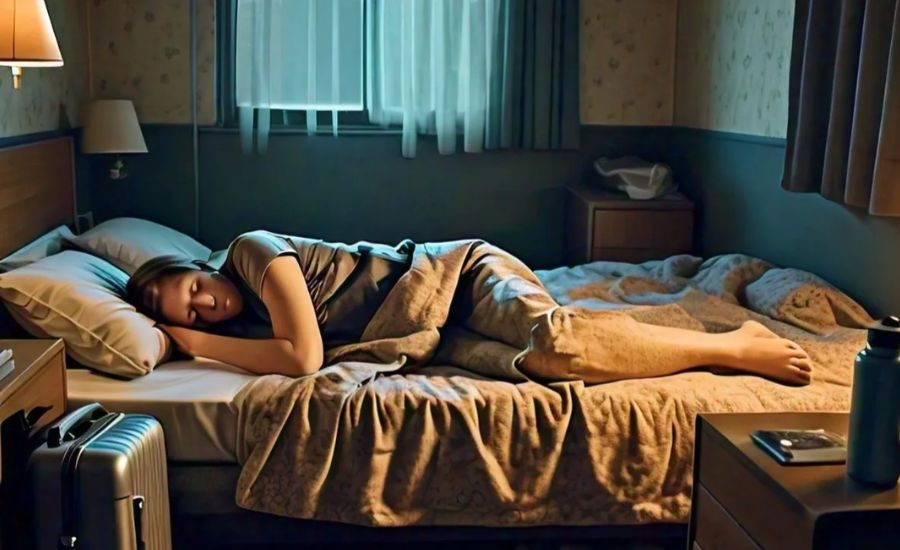
The term “parasited motel malaise” has evolved from real-life encounters combined with popular narratives surrounding budget motels. These motels, often a choice for budget-conscious travelers, are perceived as more likely to be neglected and unsafe compared to higher-end hotels. This reputation is compounded by stories and media that frequently focus on horror-like depictions of motels infested with pests or dangerous individuals. Such tales contribute to the psychological tension experienced by travelers and emphasize why motels are often associated with discomfort and fear.
Psychological Aspects of Motel Stays
Because motels are usually intended for brief visits, guests may feel insecure and transient. This transient nature can amplify feelings of isolation, anxiety, and vulnerability, especially for those who stay alone or in unfamiliar surroundings. The lack of stability and control over one’s environment contributes to stress, and the possibility of encountering infestations only heightens this anxiety. The psychological toll of a stay at a neglected motel—whether due to physical discomfort or the perception of risk—reinforces the malaise experienced by travelers.
The Symbolic Weight of Parasites
The imagery associated with “parasites” in this context evokes more than just the physical presence of pests. It represents a broader feeling of intrusion and violation, suggesting an invasion of personal space and a disruption of comfort. Whether it’s bedbugs making their way into luggage or the mere idea of unclean surroundings, the mental image of parasites amplifies the discomfort of staying in a motel. This symbolic meaning taps into innate human fears, reinforcing the perception of motels as places of decay and unease.
Infestations and Their Impacts
The reality of staying in a inn that has skilled infestations is a growing challenge. Bedbugs are one of the most infamous culprits, acknowledged for being difficult to hit upon and inflicting itching, allergies, and emotional distress. Their ability to spread rapidly from one room to another provides to the severity of the problem. Other pests, which include lice, mites, and rodents, also can compromise health and hygiene, stemming from bad protection and insufficient pest manipulate measures. The tension of encountering these troubles is a large reason why tourists avoid positive resorts or report terrible stories
Health Risks of Staying in Infested Motels
Staying in a inn stricken by pests poses amazing fitness dangers. Bedbug bites, for instance, can cause itching and soreness and can cause secondary infections because of immoderate scratching. Lice and mites also carry comparable problems, contributing to skin inflammation and potential long-term fitness results if not dealt with. Additionally, unsanitary motels can be breeding grounds for bacteria and viruses, which could purpose breathing or gastrointestinal problems. For tourists who might also already be harassed, tired, or have compromised immune structures, these situations can be in particular unsafe.
Motels as Symbols of Transience
Motels are often seen as places between destinations—a temporary refuge rather than a welcoming home. This perception, coupled with the reality of decaying structures and underfunded maintenance, shapes how they are viewed by travelers. The condition of a motel can reflect societal attitudes toward budget accommodations and transient populations, adding to the discomfort experienced by guests. This perception of motels as “cheap” or “unsafe” reinforces the idea that such stays come with risks, both physical and psychological.
Economic Inequality and Motel Malaise
The connection between motels and parasitic infestations also sheds light on economic disparities. Many finances accommodations are placed in regions with confined resources and higher poverty quotes, that could cause insufficient maintenance and pest manage. These conditions make it more likely for guests to come upon infestations or unsanitary environments, which, in turn, exacerbates emotions of pain and frustration. This state of affairs highlights the wider difficulty of monetary inequality, in which lower-profits travelers are regularly the maximum at risk of substandard dwelling conditions.
True Stories and Public Awareness
Personal accounts of encountering infestations in lodges are numerous and make contributions to a broader focus of parasited hotel malaise. Common memories contain guests finding bedbugs or witnessing rodents and other pests rapidly after checking in. Such memories serve as a reminder to vacationers to be diligent and careful whilst selecting motels. The public’s focus, strengthened through media coverage and character reviews, encourages each tourists and resort operators to prioritize cleanliness and pest manage.
High-Profile Motel Infestation Cases
High-profile incidents of lodge infestations have garnered great media interest and public difficulty. For example, reports of bedbug outbreaks at famous lodge chains have caused public outcry, complaints, and requires better rules. These instances have inspired some resort operators to adopt stricter pest control practices and improve centers, though the problem persists. They serve as a stark reminder that even well-known or reputable establishments are not immune to the challenges associated with parasited motel malaise.
Facts:
- Definition and Scope: Parasited motel malaise refers to the negative experiences and health issues guests face due to infestations of parasites such as bedbugs, lice, mites, and other pests in motels. These infestations cause physical discomfort and emotional stress, impacting both the guest’s experience and the motel’s reputation.
- Common Parasites:
- Bedbugs: Infamous for causing itchy welts and disrupting sleep.
- Fleas: Introduced by pets and known for their fast reproduction and painful bites.
- Lice: Spread through shared linens and towels, causing discomfort.
- Mites: Some types can burrow into the skin, causing severe itching and skin infections.
- Health Risks: Infestations in motels can lead to allergic reactions, skin infections, respiratory issues, and gastrointestinal problems. Bedbug bites, for instance, are painful and may lead to secondary infections due to excessive scratching.
- Economic and Psychological Impact:
- Motels facing parasitic infestations can suffer significant financial losses due to poor reviews, compensation claims, and potential lawsuits.
- Guests may experience anxiety, stress, and fear of reinfestation, contributing to a negative perception of motels and impacting future travel plans.
- Causes:
- Poor Hygiene and Maintenance: Motels that are not cleaned properly provide an environment where parasites can thrive.
- High Guest Turnover: Frequent changes in guests can facilitate the spread of pests.
- Lack of Regular Inspections: Failure to conduct routine checks allows infestations to grow unnoticed.
- Structural Issues: Cracks and damages in rooms provide hiding places for pests.
- Cultural and Social Context:
- Budget motels are often seen as places associated with neglect and decay, which impacts their reputation.
- The cultural narrative surrounding motels, often influenced by horror stories and media, adds to the perception of motels as unsafe and uncomfortable places.
- Prevention and Solutions:
- For Motel Operators: Regular inspections, professional pest control, and staff training on cleanliness and pest detection are essential.
- For Travelers: Researching motels before booking, inspecting rooms for signs of pests, and taking preventive measures such as using luggage racks can help avoid infestations.
- Public Awareness and Media Coverage:
- High-profile cases of infestations in well-known motel chains have drawn public attention and led to calls for better pest control practices and regulations.
Summary:
Parasited motel malaise describes the distress caused by staying in motels infested with parasites, leading to physical discomfort and psychological stress for guests. Common invaders include bedbugs, fleas, lice, and mites, each contributing to health issues and discomfort. Motels with inadequate hygiene, high guest turnover, and neglected inspections are more susceptible to these problems. The issue highlights economic inequality, as budget motels in poorer areas are more likely to suffer from infestations. The impact of these infestations extends beyond the immediate discomfort; it affects motel reputation, guest trust, and revenue. Prevention strategies such as regular inspections, thorough staff training, and enhanced pest control are crucial for motel owners, while guests should research accommodations and inspect rooms before settling in. Public awareness, amplified by media coverage of high-profile infestations, helps emphasize the importance of clean and safe motel environments.
For more Information About information visit Shortthink
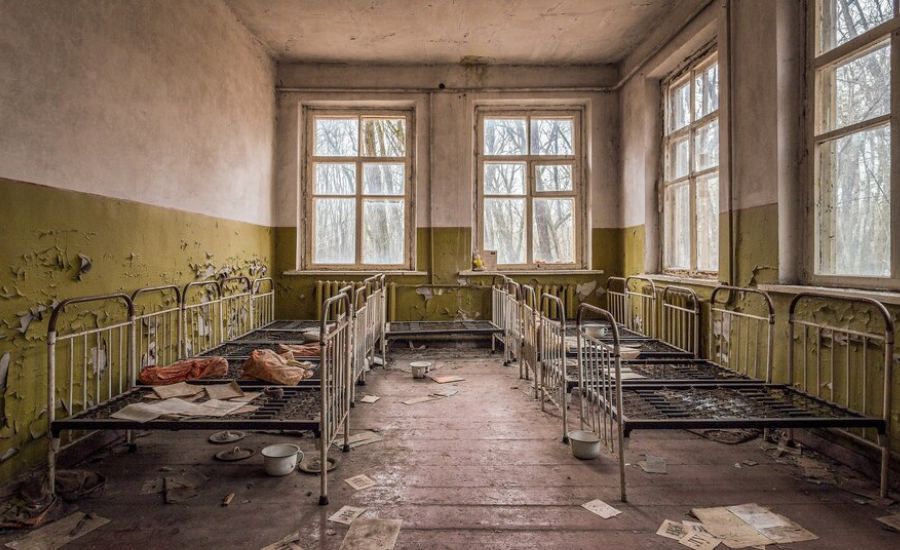

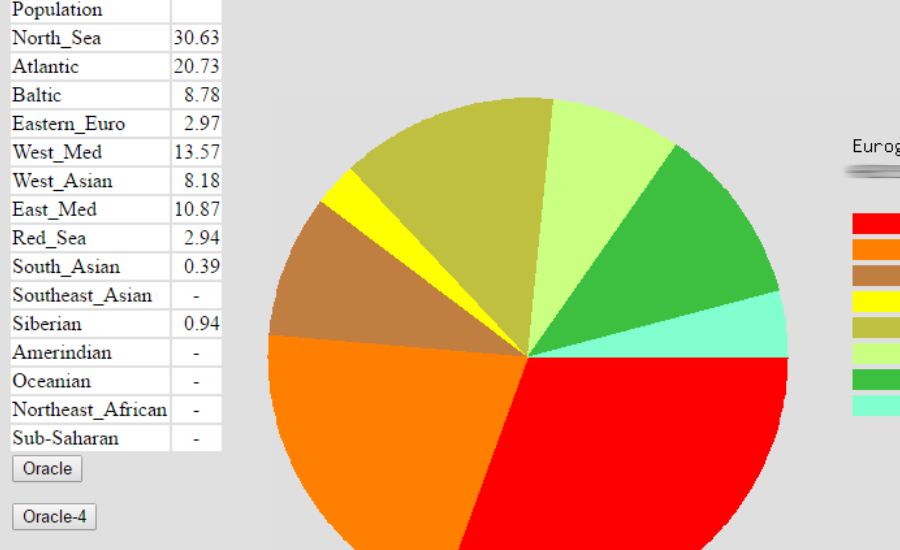

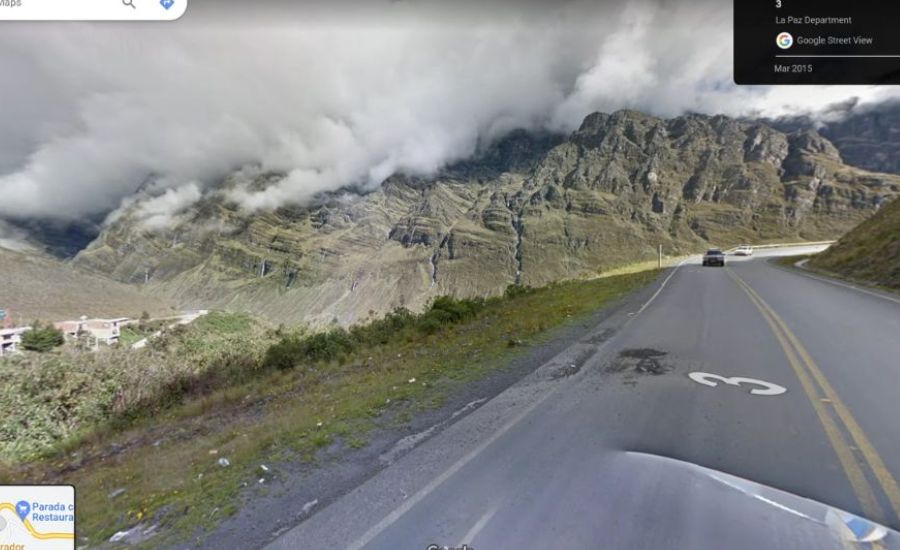









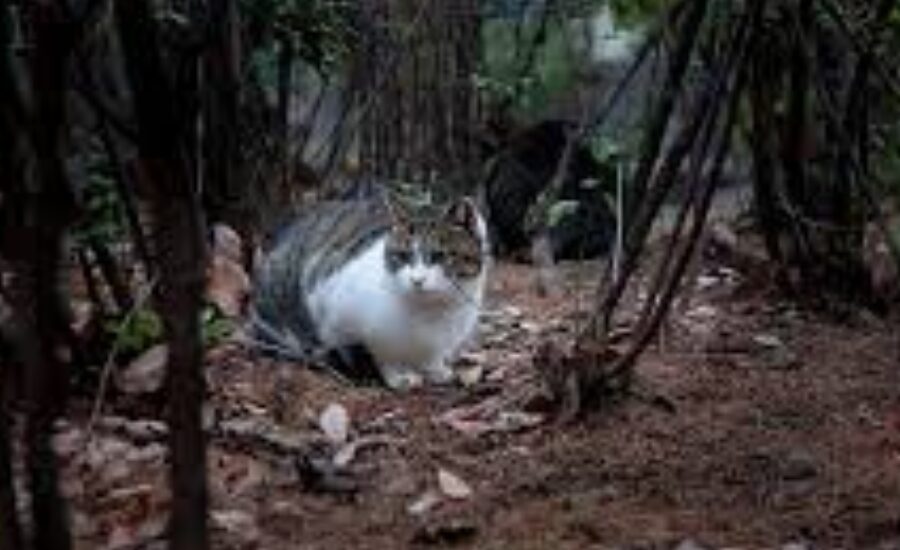
Leave a Reply